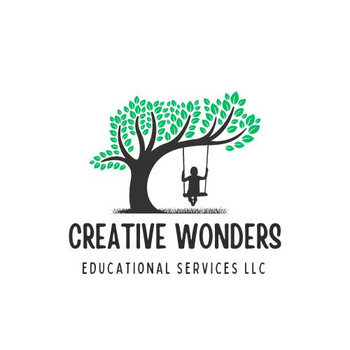Creative Wonders
Educational Services LLC
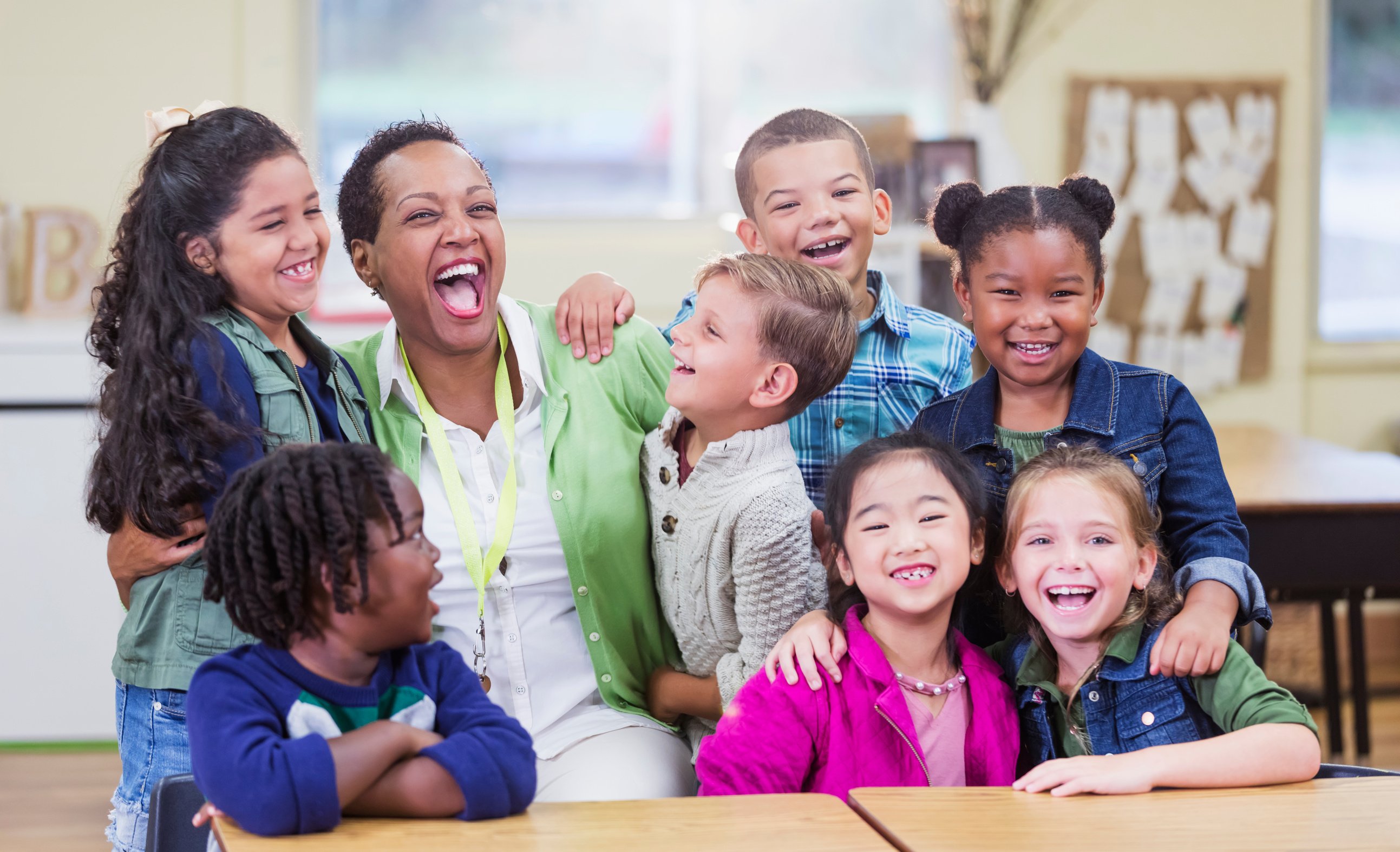
Philosophy

At Creative Wonders, we believe that every child possesses a unique spark of wonder, and our role is to ignite this potential through innovative learning experiences. We understand that a child's educational journey flourishes when supported by skilled and passionate educators. Therefore, we prioritize professional development and empowerment for educators, ensuring they have the tools and knowledge to inspire and engage young minds.
Simultaneously, we collaborate with the local community. We actively engage with families and community partners, creating a supportive network that enriches the learning experience. This collaboration fosters a sense of belonging and contributes to a holistic educational environment.
Key Principles
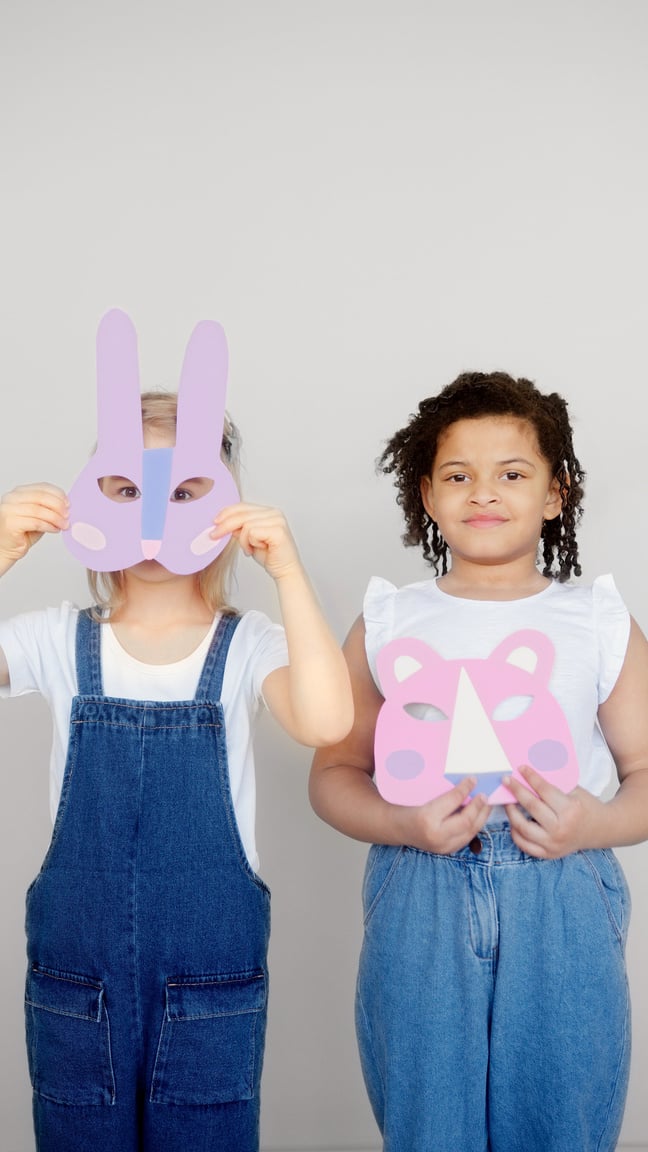
Individual Brillance
Every child is unique and possesses an inherent brilliance. We are committed to discovering and nurturing this individual potential, ensuring that education is personalized to their specific needs and aspirations.
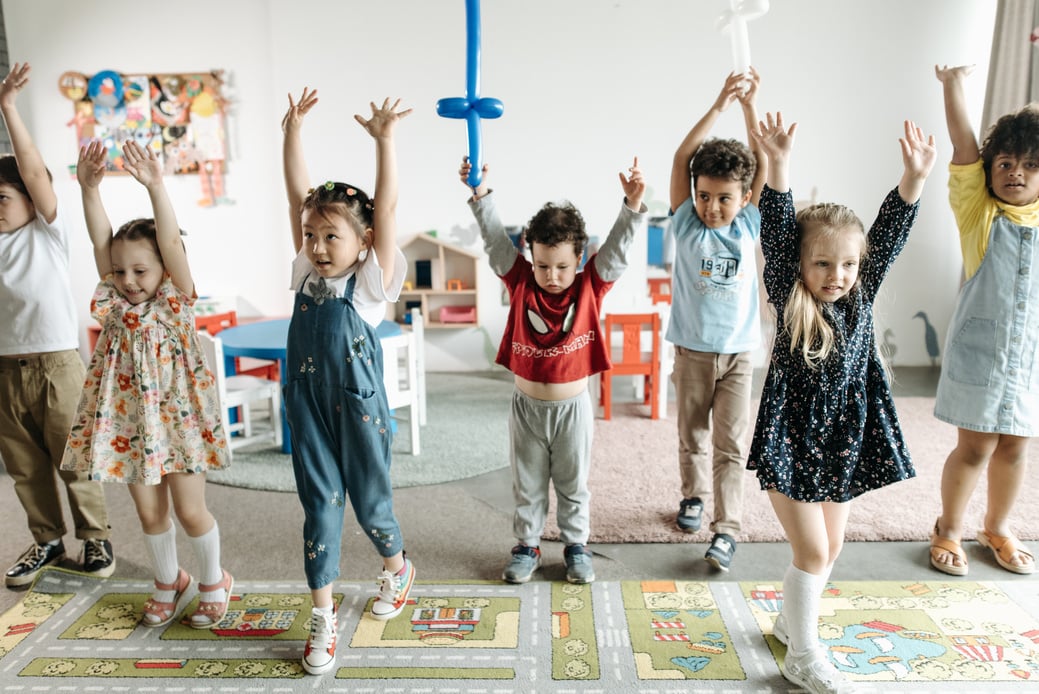
Innovation in Education
Staying stagnant is not an option. We continuously embrace innovative teaching strategies, utilize evidence-based interventions, and equip our educators with the tools to inspire and engage. By doing so, we set new standards for quality education.

Empowerment of Educators
We understand that the quality of education is directly linked to the expertise and passion of those who deliver it. Therefore, we are committed to the continuous professional development of educators, providing them with the latest resources and training to enhance their skills and confidence.
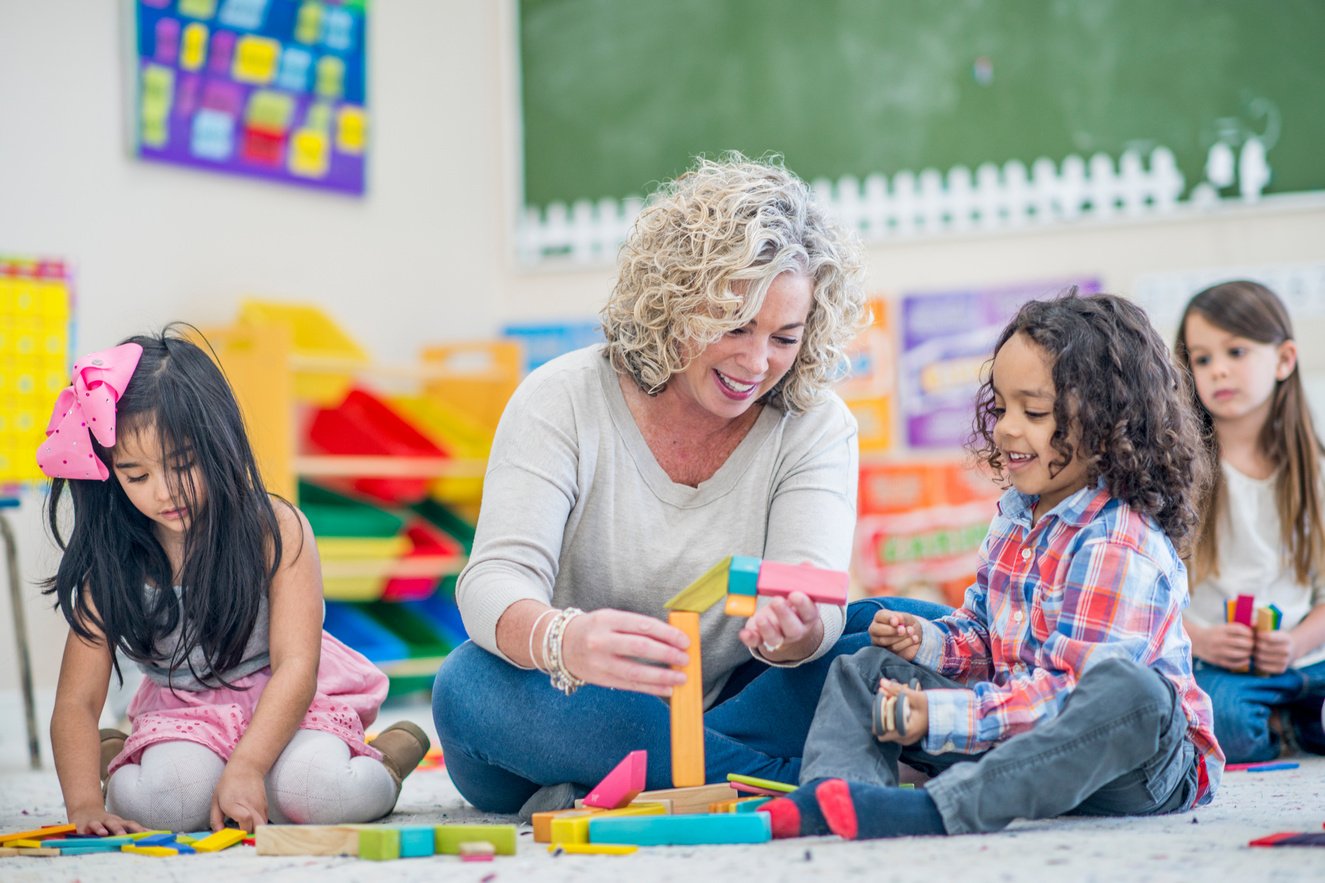
Community Collaboration
Learning does not occur in isolation. By fostering strong bonds with families and the local community, we ensure that our students benefit from a diverse, supportive environment. This collective approach means every child feels cherished and empowered.

Infinite Possibilities
Challenges are opportunities in disguise. We empower learners and educators to focus on possibilities to see potential where others see barriers. Every hurdle is a chance to learn, grow, and redefine boundaries.
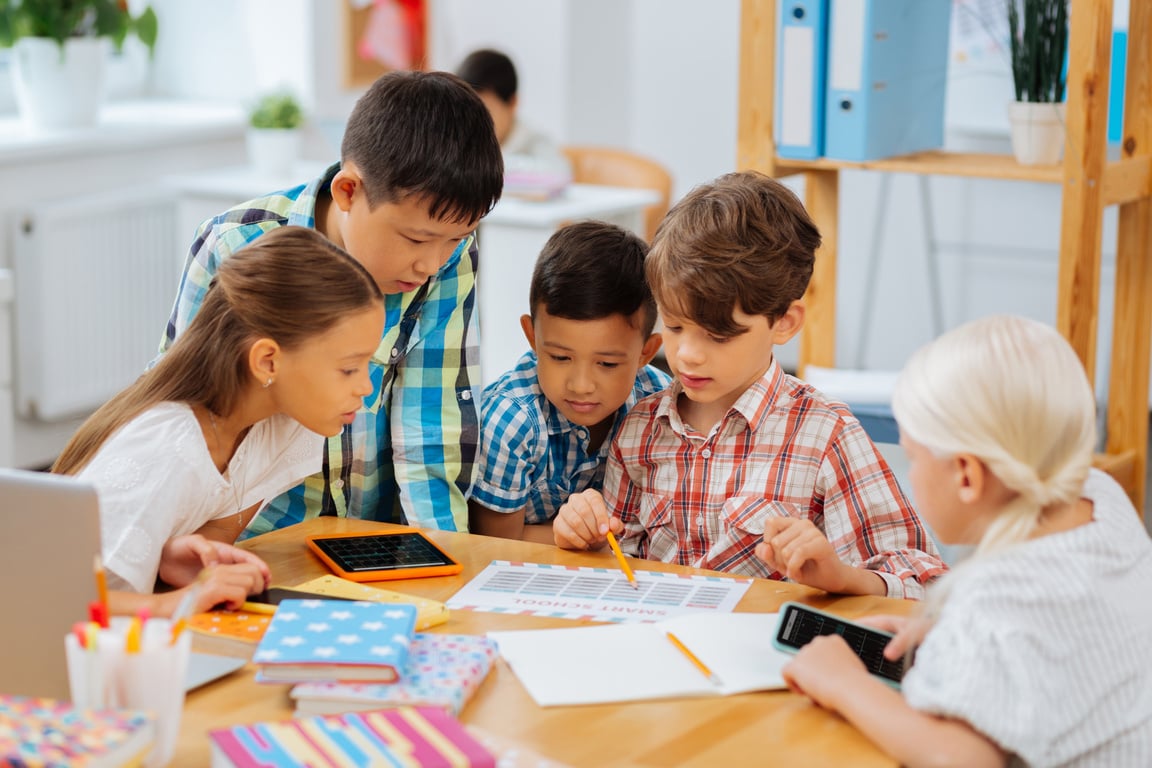
Curiosity and Creativity
At the heart of our philosophy is the belief that learning should be joyful. We create environments where questions are celebrated, exploration is encouraged, and every discovery is a step toward deeper understanding.
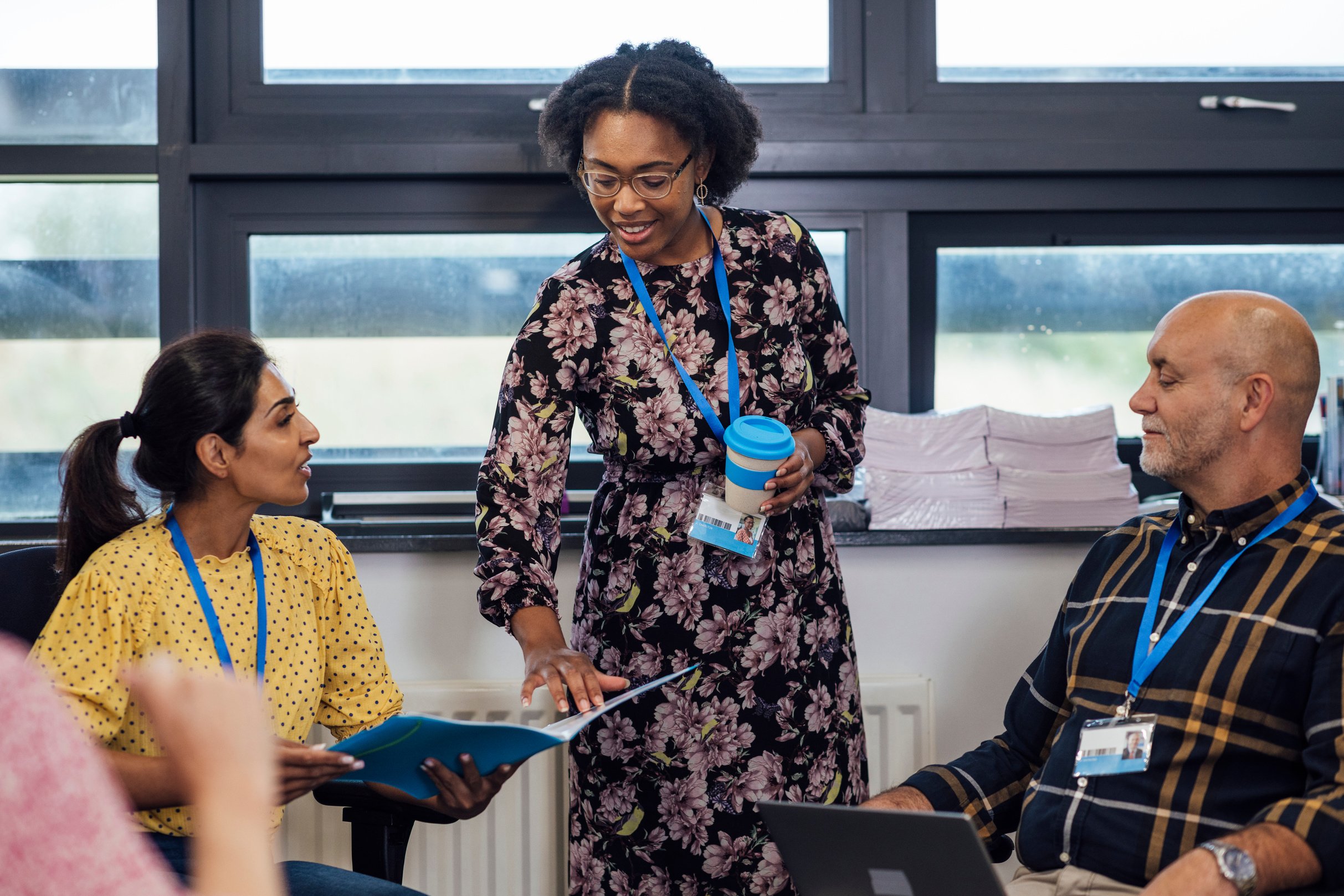
Professional Development
The empowerment of educators is central to our philosophy. We invest in their professional journey by providing engaging training and resources. This investment translates into enriched learning experiences for children as educators bring fresh, evidence-based approaches to the classroom.
Empowering educators to nurture the next generation
For Educators in Arkansas:
Greetings to our dedicated early childhood educators in Arkansas! In the Natural State, where every child's potential is as vast as our beautiful landscapes, your role in shaping the future is invaluable. Our Professional Development Portal supports your continuous growth and development in this vital field. We offer a range of resources, workshops, and training programs tailored to meet the unique needs of early childhood educators in Arkansas.
Arkansas Educators
Upcoming Events
Training (In-Person)
Empowering Young Minds: Strategies for Positive Interactions and Relationships
Texarkana, AR
Course ID# 65199
05.18.2024
10:30 AM – 1:00 PM
Hours: 2.50
Arkansas Resources
Compliance Support
Quality Child Care Program
Office of Early Childhood
Professional Membership Association
News
Infographics
Newsletter
For Educators in Texas:
Welcome to our Professional Development Portal for Early Childhood Educators in Texas! As the Lone Star State grows and diversifies, the need for skilled and passionate early childhood educators has never been more critical. Our platform is designed to empower educators with the tools, resources, and knowledge needed to nurture the minds of our youngest Texans.
Texas Educators
Upcoming Events
Coming
SoOn
Texas Resources
Compliance Support
Forms for Operation
Quality Rating & Improvement System
Professional Membership Association
News
Infographics
Newsletter
Sensory saturday
Welcome to Sensory Saturday! Get ready for a fun-filled morning where all children, especially those with sensory sensitivities, can explore, play, and learn. Our Sensory Saturday provides activities that engage every sense, from squishy mud to jingly bells and bright, colorful lights. It's the perfect place to meet new friends, try new things, and enjoy a world tailored to sensory needs. Join us for a fantastic adventure in sensory exploration and discover the joy of learning through play!
Add a Call-to-Action
Coming
SoOn
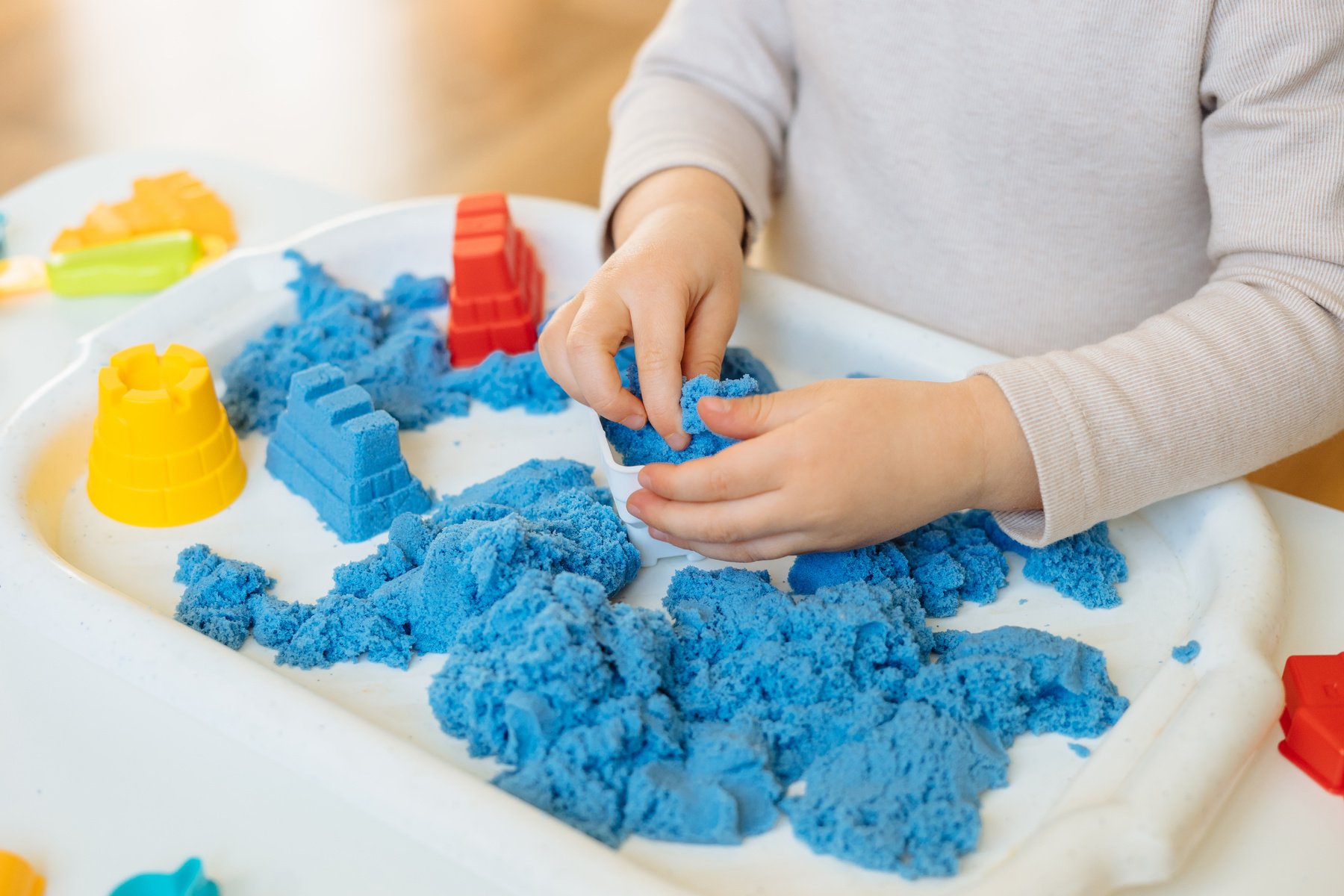

sensory processing disorder
What is Sensory Processing Disorder (SPD)?
Sensory Processing Disorder (SPD) occurs when the brain has trouble receiving and responding to information through the senses. This could involve oversensitivity to environmental stimuli or undersensitivity to sensory input. Also known as Sensory Integration Dysfunction, SPD can affect one sense, like hearing, touch, or taste, or it can affect multiple senses. Those with SPD struggle to make sense of the sights, smells, and sounds around them.
How are sensory issues defined?
Sensory issues are abnormal reactions to sensory input experienced through sight, sound, touch, taste, smell, proprioception (sense of body position), and vestibular sense (sense of balance). Individuals with sensory issues may find certain sensory inputs overwhelming, insufficient, or distressing, affecting their ability to participate in daily activities effectively and comfortably.
There are primarily two forms of sensory processing disorders that can affect children and adults:
- Hypersensitivity (over-responsiveness) to sensory stimuli.
- Hyposensitivity (under-responsiveness) to sensory stimuli.
Individuals with hypersensitivity might exhibit intense or fearful reactions to certain textures, sounds, lights, smells, or tastes that can overwhelm them. On the other hand, those who experience hyposensitivity may appear fearless, engaging in inappropriate touching of people or objects, and may put themselves at risk due to a decreased response to pain.

Signs of SPD hypersensitivities (over-responsiveness):
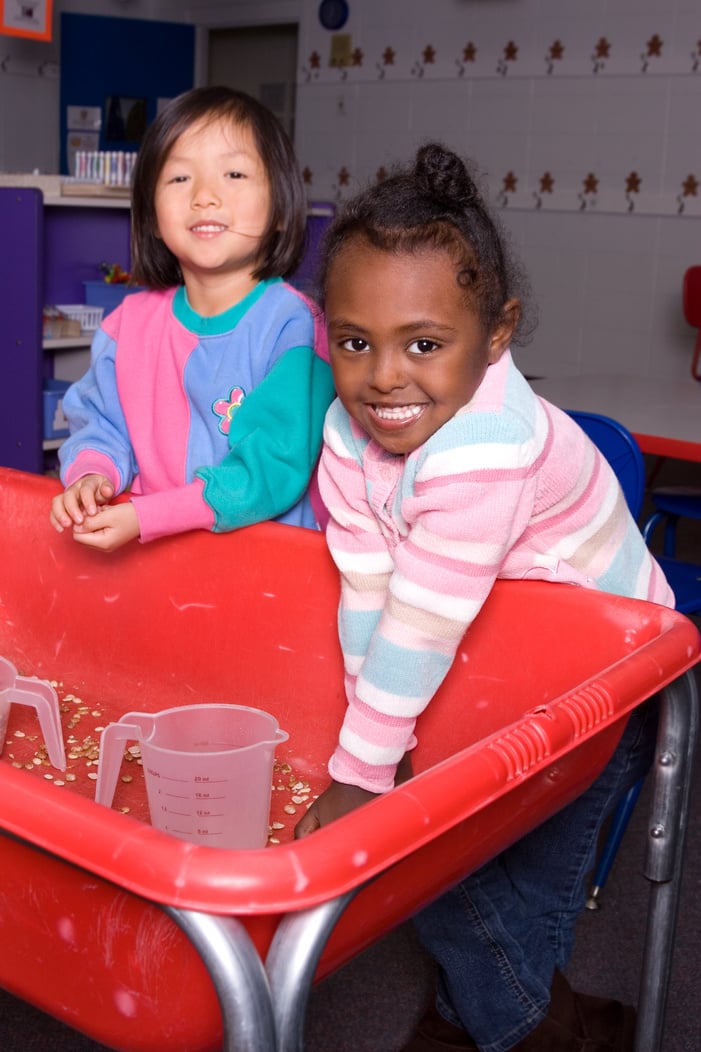
SPD hypersensitivity can intensify sensations to overwhelming levels, making the slightest noises or touches seem much more intense. Common symptoms include:
- Strong reactions or aversion to sudden or loud noises such as flushing toilets or clanking silverware
- Sensitive to background noises that typically go unnoticed by others
- Prefers to keep a noticeable distance from others
- Dislikes playing physically interactive games like tag
- A low tolerance for pain
- Extremely selective about food, possibly gagging from certain textures
- Fearful of surprise touches
- Frequently covers ears or eyes

Signs of SPD hyposensitivities (under-responsiveness):
SPD hyposensitivity can dull even the most vibrant sensations, making it hard for individuals to differentiate sensory inputs. Common symptoms include:
- A constant need to touch people or textures, even when it's inappropriate to do so
- Unusually high tolerance for pain
- Clumsy and uncoordinated movements
- Displays restlessness and unable to sit still
- Appears to seek thrills and may engage in risky behaviors
- Crashes into people or objects
- Frequently participates in rocking or swaying motions
- Often harms other children and/or pets when playing (i.e. doesn't understand his or her own strength)
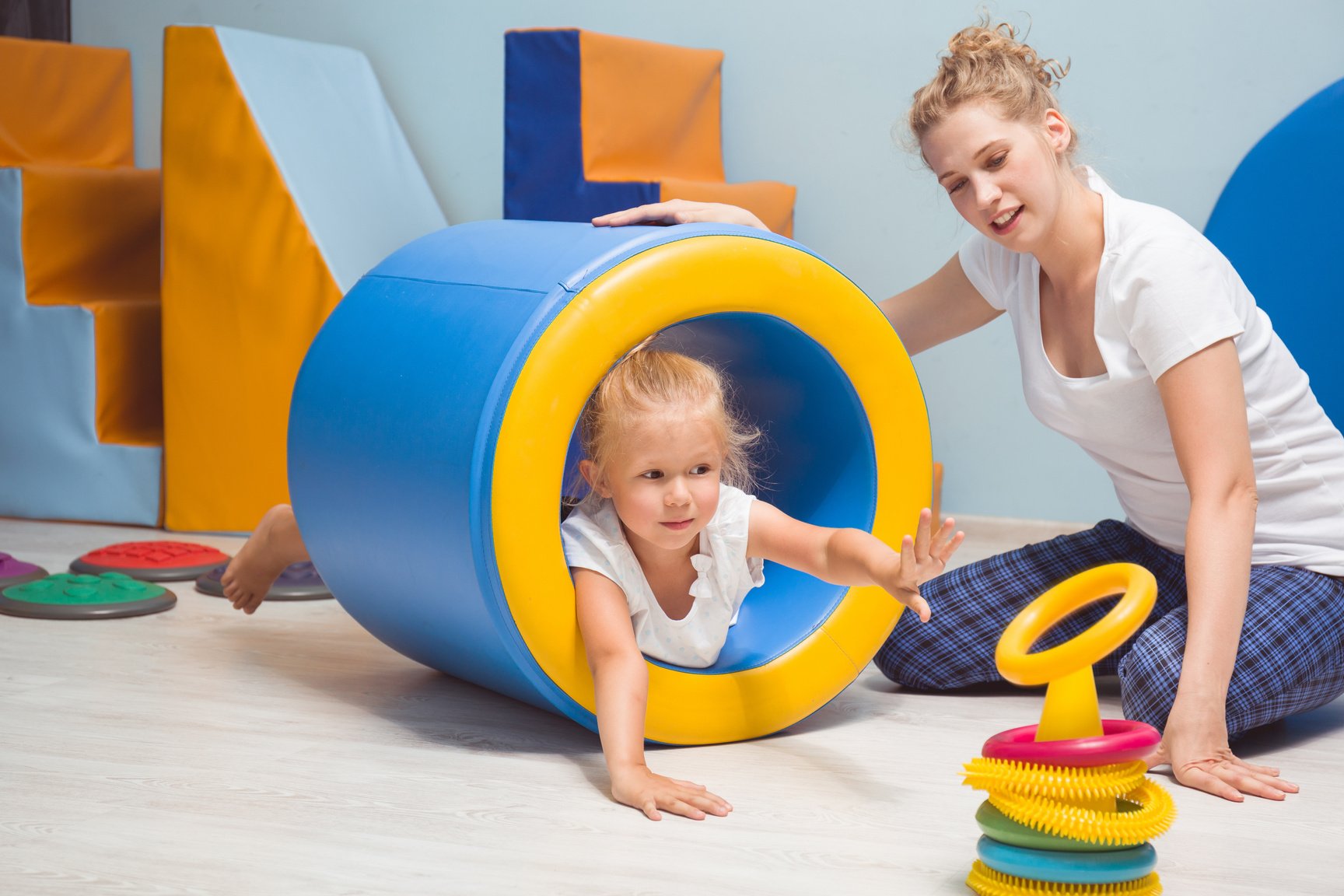

If you suspect that your child may be experiencing symptoms of Sensory Processing Disorder (SPD), we strongly encourage you to discuss these observations with your child's doctor. Early consultation with a healthcare professional can provide critical guidance and lead to an evaluation or intervention that could benefit your child's development and well-being. Remember, a medical professional is best equipped to diagnose SPD and recommend appropriate therapies or supports specialized to meet your child's needs. Seeking professional advice is vital in ensuring the best possible outcomes for your child.
Connect with Us
creativewondersedu@gmail.com
Keep up with our events on social media
